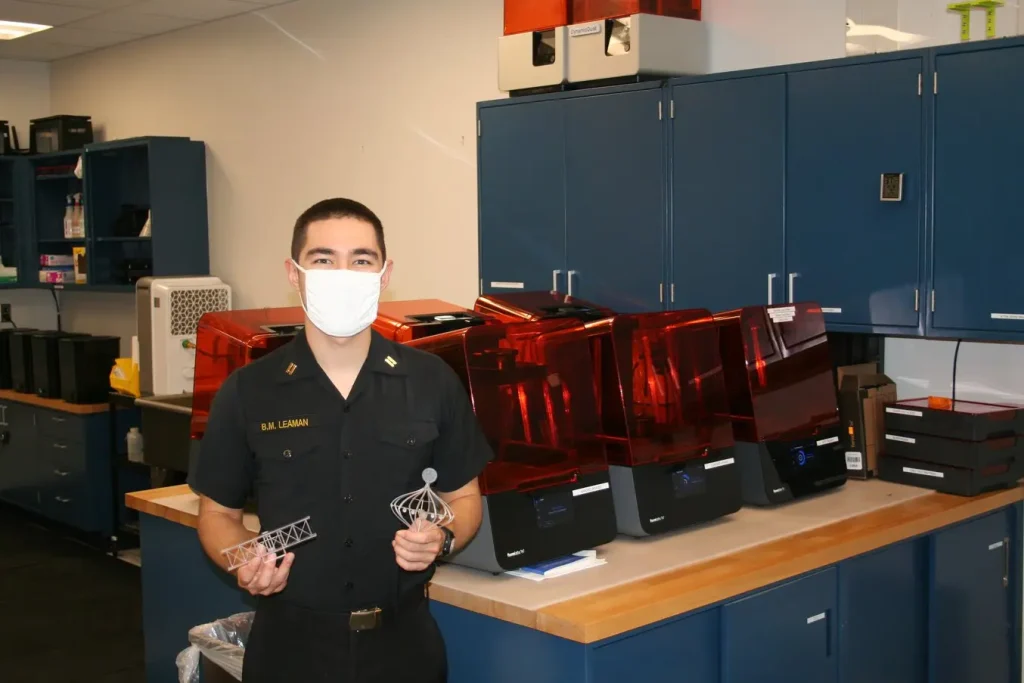By Peter Gorman, Principal, Black Rocket Consulting, @Petergorman
Mobile Transforming Transportation
Next up, the Mobility forum dispersed into several break-out sessions on how mobility is impacting industries including Transportation, Finance, Retail, and Healthcare. I chose to listen into the panel on Transportation, which was moderated by Ian Cox of Boston-based digital design and development agency, Cantina. This panel of transportation industry experts in this session included Jeff Baer of LinkeDrive; Igor Bratnikov of Wanderu; Eli Daniel of Bridj; and Nichole Mace of Zipcar.
To kick off the session, each panelist addressed why they chose to focus their companies on the transportation industry. Bratnikov commented that he created Wanderu because he saw a big gap between what the transportation carriers were providing and what the consumer wanted. With Wanderu, consumers can go online or use the app to find the best rates and routes for getting from one destination to another. Daniels was determined to figure out new ways to help consumers address the growth of urban development through improved transportation. With Bridj, consumers in urban areas can hop on shuttles that have routes that change dynamically based on the location of its riders. Mace aligned with the need for new transportation methods to address urban development by citing how one Zipcar can now serve 40-50 members whereas before, most cars were driven by their owners on a one-to-one ratio. She also noted that Zipcar is currently paying particular attention to how electric and autonomous vehicles will play into our mobile future.
Baer offered a slightly different response in that he has always been passionate about the transportation industry, specifically trucks and trucking. That and football (Baer is a big guy who played football for Northwestern University). “As a kid growing up in the ‘80’s, I always loved trucks and learned to code on a Commodore 64. I was excited to move to Boston from the Motor City and find a way to work with “wheels” and software. Boston has been fantastic and I can’t think of a better place to be building the LinkeDrive business,” said Baer.
Keeping with the Boston theme, each spoke on why the Northeast is important to their businesses. “It’s one of the most traveled corridors in the U.S.,” commented Bratnikov. “It also has a lot of universities from which we can attract talent. Plus, in the Northeast, you can easily get around…and travel to 20-30 popular destinations within a short amount of time.”
Mace and others agreed that the location offers a wealth of talent with all the local universities in the Boston area. In addition to being headquartered in Boston, Zipcar uses the Boston area as its “test kitchen” for new innovations.
 “Boston has a reputation as a dense area with a good transportation system. But is still offers many problems for people trying to get around. Our goal is to help them with this,” said Daniel, who also commented on how Bridj is also based in Washington DC and has recently expanded to Kansas City.
“Boston has a reputation as a dense area with a good transportation system. But is still offers many problems for people trying to get around. Our goal is to help them with this,” said Daniel, who also commented on how Bridj is also based in Washington DC and has recently expanded to Kansas City.
“This is one of the toughest places to operate in the trucking industry. Due to congestion, endless construction and limited parking areas, truck drivers typically need to work harder for fewer revenue miles compared to a location in the middle of the country. Drivers often don’t want to come here. While most of our PedalCoach drivers are based in the Midwest, Massachusetts holds quite a mystique for them. But that’s good for us,” said Baer. “Our goals with PedalCoach are simple – to reduce your cost-per-mile by empowering drivers, and if we can do that in New England, we can do it anywhere in the country.”
In response to Cox’s question about what each panelist saw as their greatest challenge to getting customer acceptance to their app, Mace noted that she was lucky that Zipcar already had a great reputation when she joined the company, but added that expanded partnerships are key to sharing their assets. And feeding off of what was discussed earlier in the forum, Bratnikov said that his company doesn’t do a lot of self-promotion but instead relies on word-of-mouth about how easy Wanderu is to use. Baer commented that in the trucking industry, it’s a little different because there is typically a lot of tension between truck drivers and the fleet managers who supervise them. “You have to have a product that works well,” said Baer. “We also have a brilliant product management effort in being polite with our customers and working closely with them to meet their needs no matter how small.” Baer used an example of a truck driver who commented that the displays were a bit too bright. “Our customers are passionate about PedalCoach, so we rely on them to spread the word to other truckers about all the capabilities PedalCoach has to improve fuel efficiency and gain incentives through good driving behavior,” added Baer.
“Most of our customers are people who are not happy driving in urban areas and are seeking out new ways to get from one place to another,” said Daniel. “As a result, we are not stealing customers from other companies, but instead growing the customer pie organically. Getting around needs to be as seamless as possible, really fast and really responsive.”
Asked what technologies the panel viewed as changing transportation, Mace commented on how Zipcar is working closely with The University of Texas on creating a “car city” with autonomous cars. Bratnikov then remarked that he believed the ways in which people want to travel – not in how the transportation companies want you to travel – is having a big impact on the market.
Cox asked the panel how they are planning for machine-to-machine or IoT interactions with their technologies. While Daniel focused on the need for seamlessness between technologies, Baer spoke about an IoT problem that LinkeDrive solves with its PedalCoach application. “In a way, IoT has been around for over 20 years, starting in the trucking industry. But data has traditionally been very slow, low-fidelity, and difficult to send via older platforms and before 4G/LTE…and there has always been gaps in data transmissions due to drivers being in areas with little to no reception. Our aggregating, buffering and posting web-service enables the data to be sent back to the shop in real-time, or held securely until the truck enters a service area again. Most of our drivers are in and out of service areas everyday, and so the data gets where it needs to be in a timely fashion.”
Giving further insight into the trucking industry, Baer provided insight into how difficult the life of a trucker is and how this has driven an ongoing shortage of drivers in the industry. By working with the trucking companies to include cash-based incentives to drivers based on good driving performance, LinkeDrive’s app is helping trucking companies retain their best drivers. He added that the company is also constantly looking into ways in which to integrate PedalCoach with other mobile apps, such as a Fitbit, to add a human element to the customer’s experience and improve life for the truck driver.
Cox asked the panel why they thought one-third of the U.S. population still doesn’t have smartphones. Since LinkeDrive’s PedalCoach app can be used on an Android-based smartphone device, Baer noted that a few drivers are a little hesitant to use the technology at first. “While some drivers are still using clamshell phones, over 80% of drivers have a smartphone in their pocket. For those that may not be comfortable using a “smartphone,” we remind them that PedalCoach is really just a “gauge.” The most important gauge in the truck.”
Mace did not seem to be overly concerned with this percentage of the population who still don’t use smartphones. “We find that many of our customers who don’t have smartphones are simply using their desktop computers to use our cars.”
Wrapping up the session, the panelist ended with some final thoughts on the key takeaways from this breakout session on mobility and transportation. Mace stressed the importance of customer service in the loop of a great business. “There is a loop… Good technology builds great customer experience and helps to build the brand, which in turn helps to build the company and advance innovation.”
“The combination of mobile and cloud computing will continue to drive the transportation market,” said Daniel.
Finally, Baer touched on his earlier comments about moving to New England. “One great thing about the people of New England is that we are not afraid of anything. So, when thinking about mobile and transportation, I have two suggestions: Don’t be afraid of the humans and don’t be afraid of a little bit of hardware. The point of mobile enterprise solutions is to help humans perform better, and there will always be hardware in the transportation industry… That is until we can be beamed up!”
Read More: Recapping MassTLC’s Mobile Summit: Mobile Experts
###



